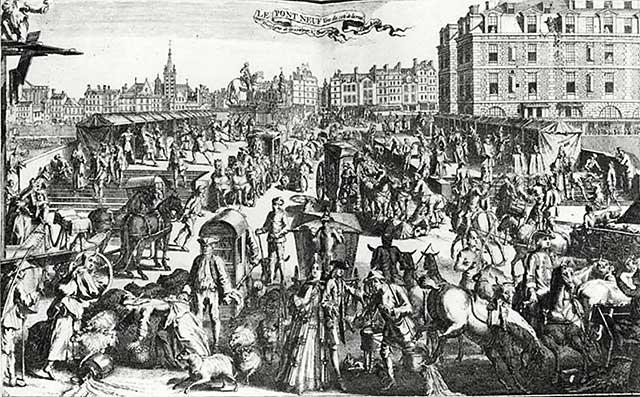
Catastrophe, Gender and Urban Experience, 1648–1920
Avant le 1er octobre
Editors : Deborah Simonton and Hannu Salmi
The history of catastrophes is an emerging field of research. Its interests range from natural and environmental disasters to social, industrial and technological accidents, from local hazards to global threats with a plethora of cultural ramifications. This volume concentrates on the shift from premodern to modern, from the perspective of the increasing presence of catastrophes in European imagination and everyday life. In 1820, the Brockhaus encyclopaedia in Germany defined a catastrophe as “a particularly decisive change, a surprising turn that changes the course of events.” Catastrophe had been a concept of drama theory since classical antiquity. It referred to the final resolution of a narrative. In tragedy, this happened often with sinister consequences. It seems that the notion ’catastrophe’ became used outside drama theory from the seventeenth century onwards, and it became to be employed in connection to a disaster or a fatal turn of events in the lives of an individual or a community. Perhaps an element of dramatic theory remained through the ways in which emotions, fear and pity, could be attached with drastic events.
This book aims at addressing the history of catastrophes in Europe during the seventeenth, eighteenth and nineteenth centuries especially from the urban point of view. How disaster changed urban experience, and how urban communities conceived, adapted to, and were transformed by catastrophes, both natural and human-made. How was gender involved in the events and cultural corollaries around catastrophes, and how gendered practices were negotiated during and in the aftermath of disastrous incidents in European towns and cities. The book will be the fifth to emerge from the Gender in the European Town Network.
We are seeking additional chapters and especially would welcome proposals that fall within this description, especially examining British or Southern European towns, but all catastrophes in any European town will be considered. The deadline for proposals is 1 October 2014, and we anticipate publishing in late 2015/early 2016. Please feel free to contact either of us with regard to ideas or questions you may have prior to submitting a proposal.
Hannu Salmi, University of Turku, Finland, hansalmi@utu.fi
Deborah Simonton, University of Southern Denmark, dsimonton@sdu.dk
Fichiers de syndication :
Statistiques :
Le site contient 4383 articles
